
…Says Plateau State is turning to the fertile spot of its ungraded to heal the wounds of years of convulsive conflict
By Marie-Therese Nanlong
Governor Caleb Mutfwang says the State’s long-standing agricultural heritage is now the cornerstone of one of the strategies to restore peace, rebuild livelihoods, and diversify an economy battered by decades of violence.
This comes against the grim findings of a state-appointed Fact-Finding Committee, which reported that 420 communities were attacked and nearly 12,000 people killed in persistent assaults stretching over two decades.
Presenting the report in Jos, Committee Chairman Major General Rogers Nicholas (rtd.) described the bloodshed as “coordinated, the motives deliberate, and the sequences devastating.”
He detailed however armed militias exploit porous borders from Nasarawa, Kaduna, Bauchi, and Taraba to strike Plateau villages and retreat, mostly unchallenged.
Receiving the report, Governor Mutfwang pledged to implement every recommendation and to submit the document to President Bola Tinubu and national security agencies “to enable them have an insight and true story behind the decades of violence in the State for a durable solution.”
He warned that no one would be above the law, stressing that “it is only the truth that can set people free.”
While security remains a priority, the governor believes lasting peace depends equally on economic renewal.
“Agriculture is the backbone of our prosperity agenda,” he declared during a subsequent meeting with the Nigerian Guild of Editors.
“By revitalizing our farmlands, supporting farmers with technology and markets, and ensuring value-chain development, we will restore confidence and provide alternatives to conflict,” he said.
To translate that vision into action, the State is forging partnerships with the International Institute of Tropical Agriculture (IITA) in Ibadan, Oyo State, and reviving the once-vibrant BARC Farms. It is also working on improving livestock breeds, local feed production, and a modern abattoir to strengthen Plateau’s comparative advantage in meat production.
The administration is also prioritizing irrigation schemes to reduce dependence on erratic rainfall and to expand year-round vegetable and grain cultivation, which Plateau’s temperate climate naturally supports.
Mutfwang promises “innovative measures to boost processing, storage, and market access so that Plateau produce like potatoes, maize, vegetables, flowers, and fruits can compete nationally and internationally.”
The governor’s agricultural ambitions however hinge on security as he announced the recruitment of 1,000 carefully screened youths into Operation Rainbow, the State’s community-based security outfit, to provide early warning and rapid response in rural areas.
The Fact-Finding Committee underscored the urgency of this step, warning of bandit cells in border zones of Nasarawa and extremist incursions in Wase and Kanam.
“Communities consistently identified armed Fulani militias and cross-border herder groups as key aggressors,” Nicholas reported, while also noting localized conflicts over land and politics.
Mutfwang insists that a secure environment for farmers is non-negotiable, promising transparency and accountability in all security operations.
Beyond farm gates, the administration is investing in infrastructure critical to agricultural commerce. Rural road rehabilitation spans all 17 local government areas, including 380 kilometers under the World Bank-assisted RAMP project.
The governor is also lobbying for completion of the long-delayed Jos-Bauchi-Gombe federal highway, vital for moving produce to northern and southern markets.
Complementary projects include the construction of a modern ce...

 1 month ago
16
1 month ago
16


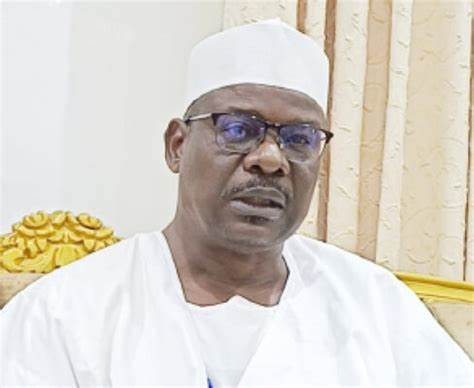
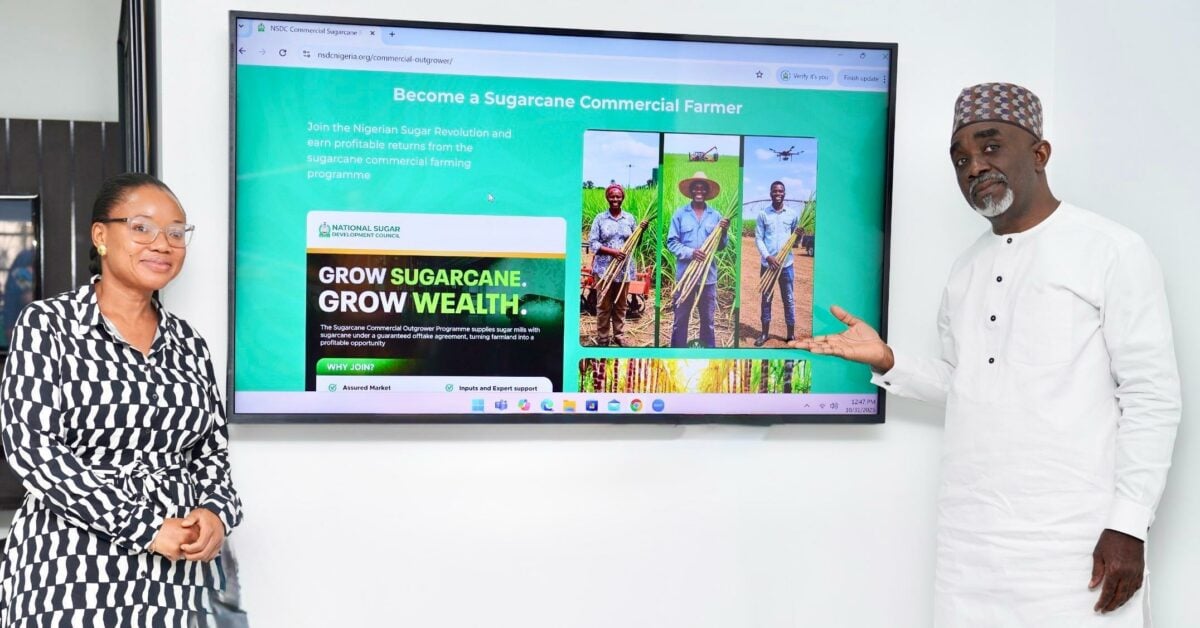
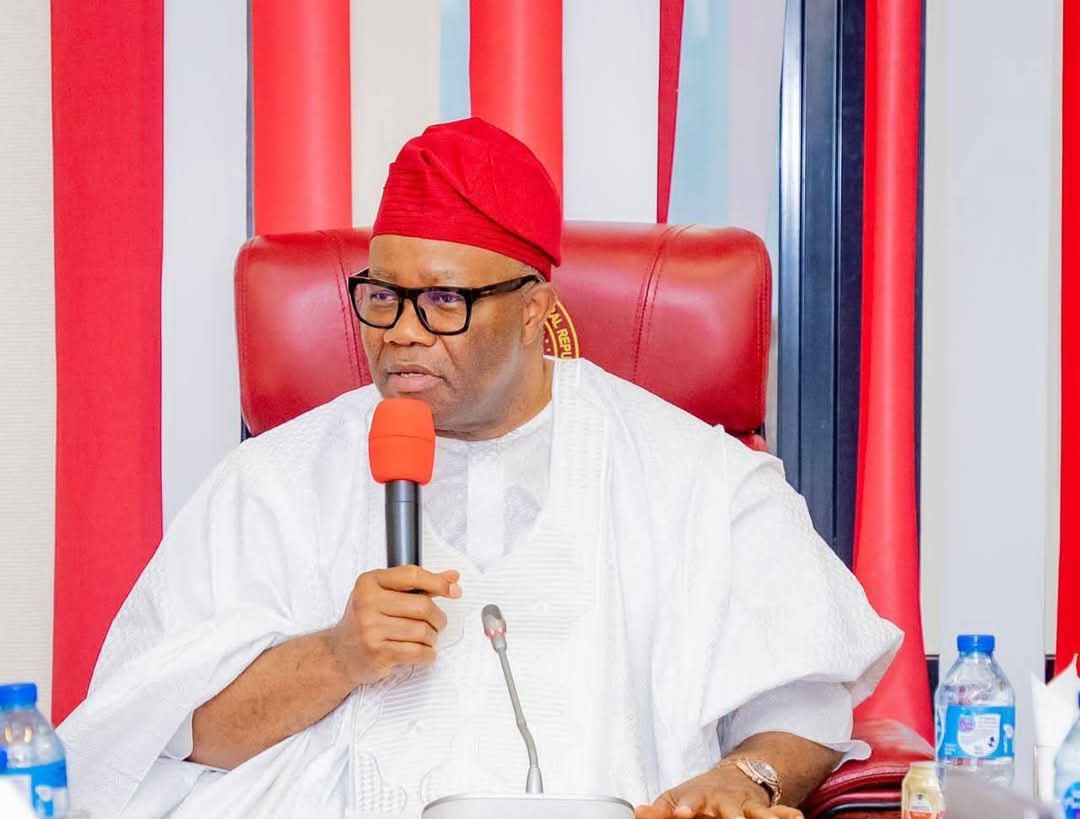
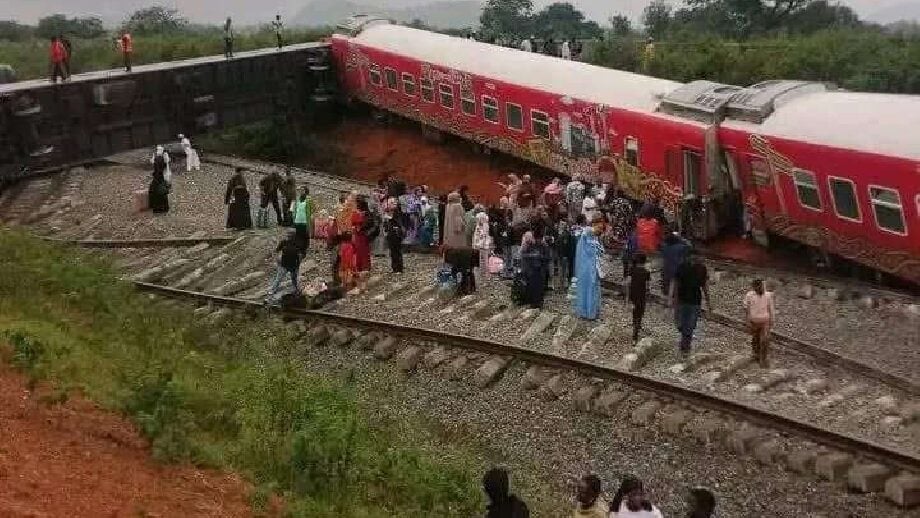
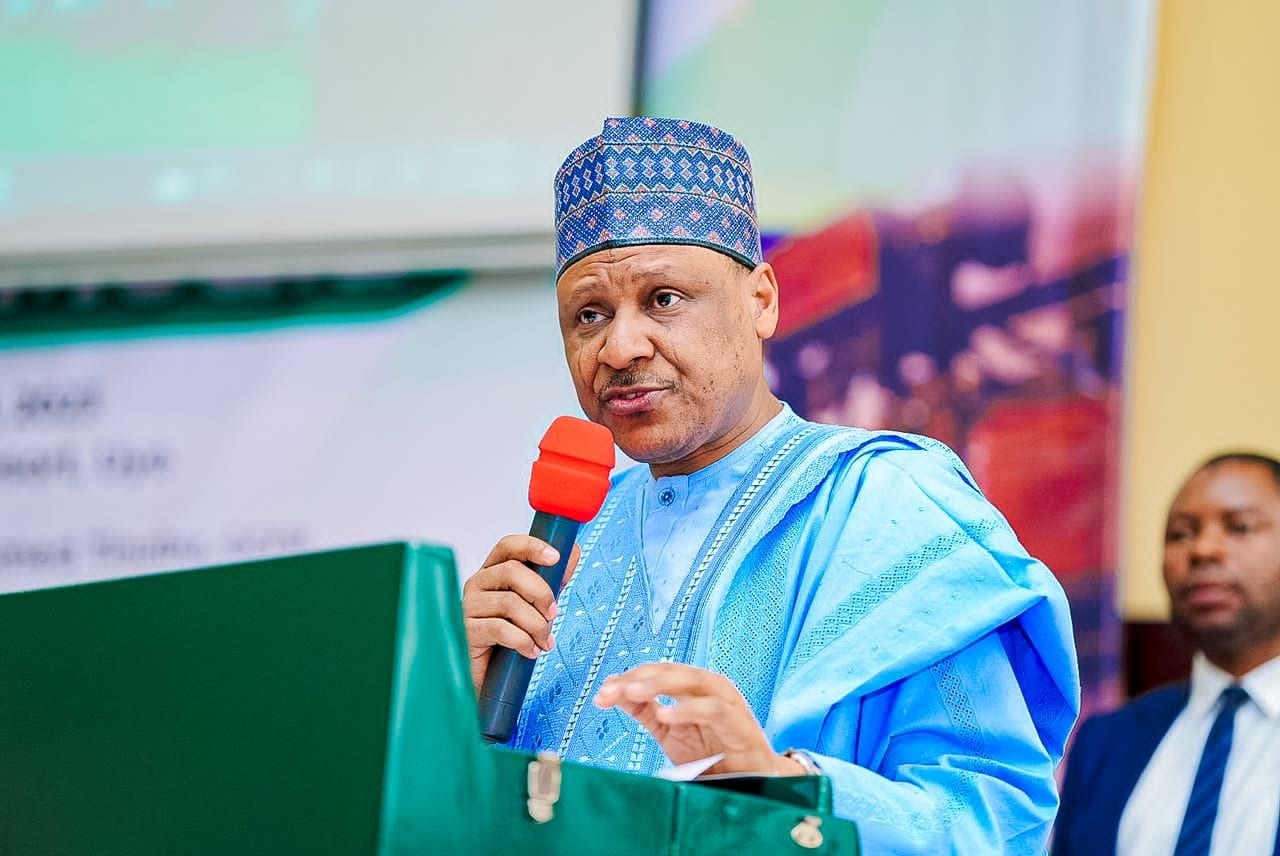
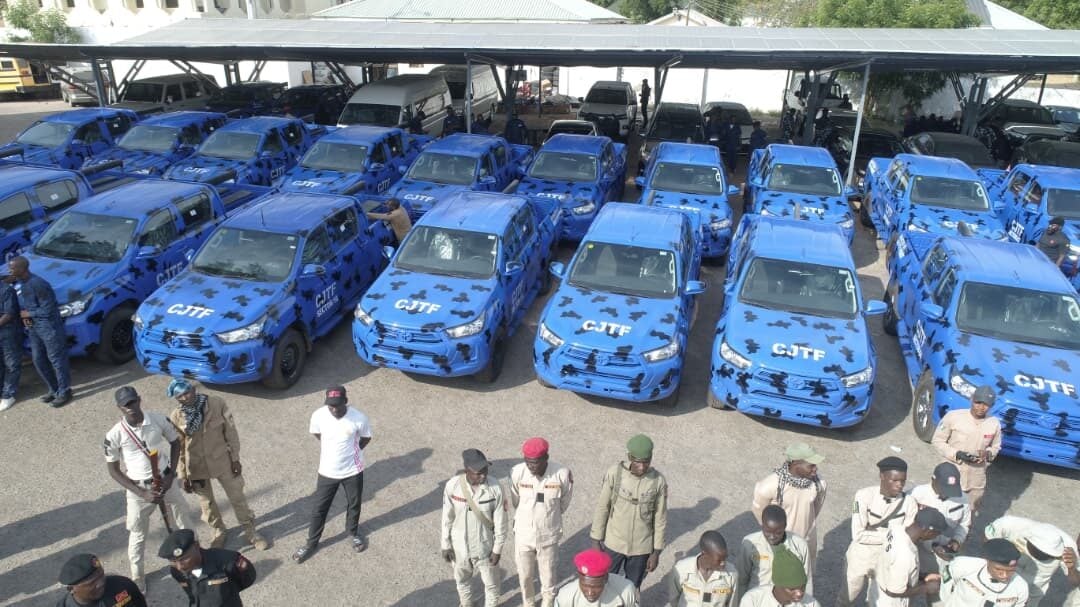

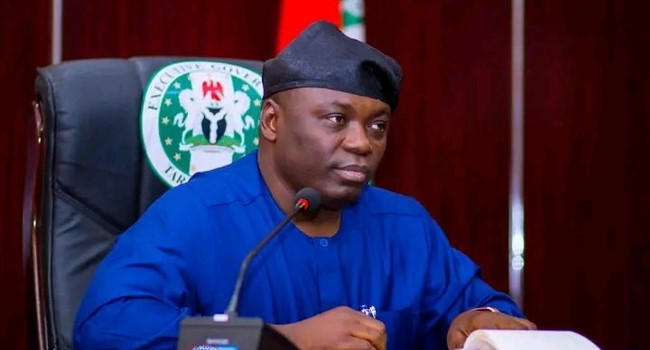
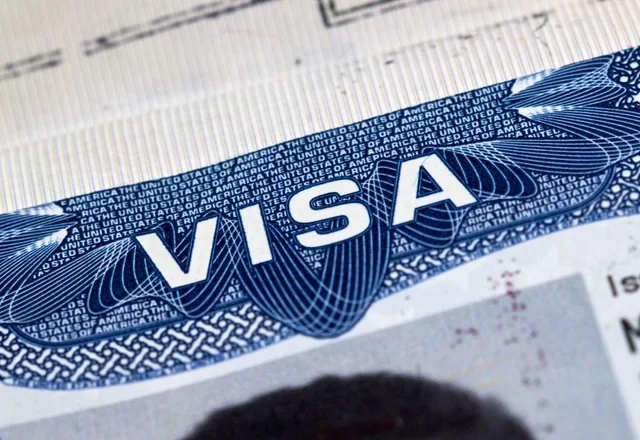














 English (US) ·
English (US) ·